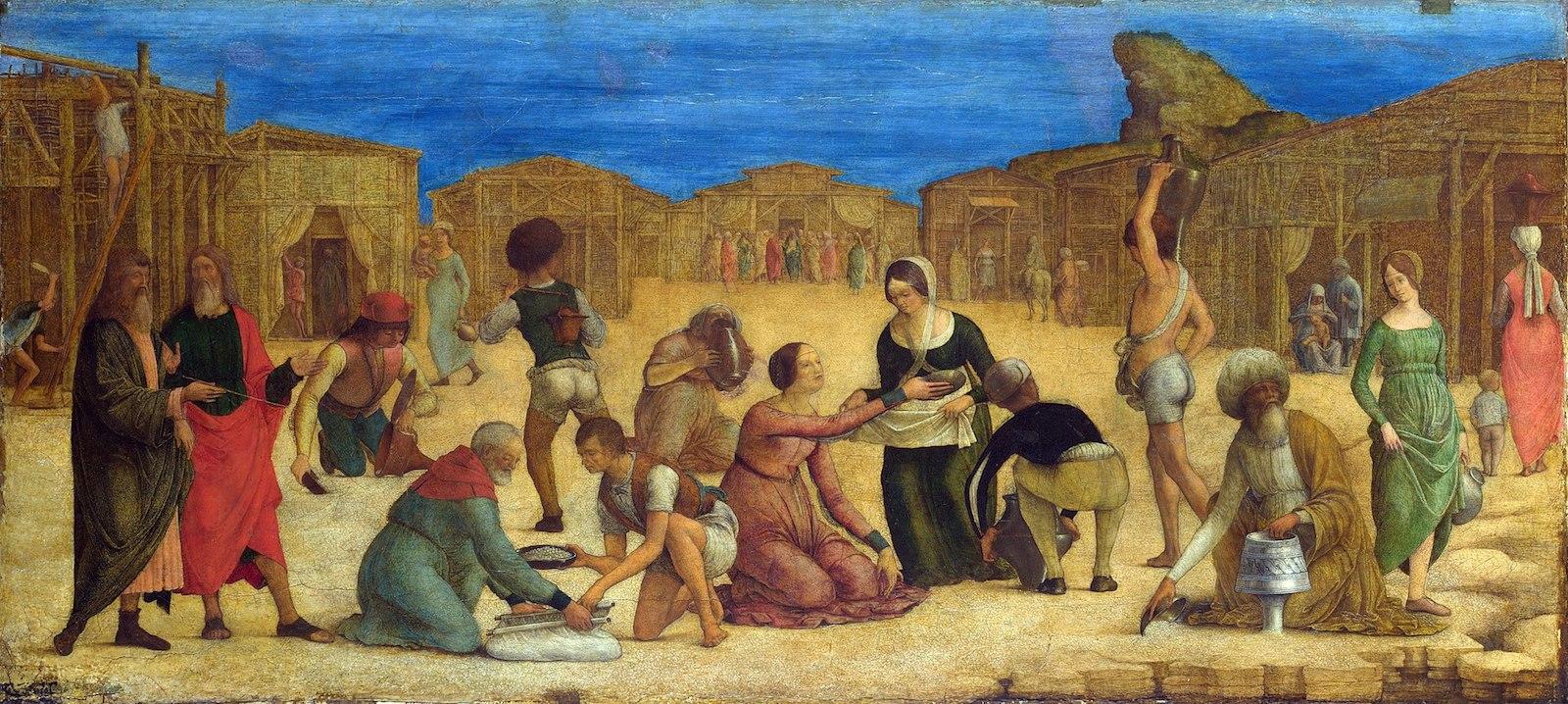
This is an invaluable book, and what you get out of it will depend on two things: who are you, and what are you seeking?
If you're a reader (Jewish or not) who's unfamiliar with this tradition, you may become bemused by the sheer variety of Jewish views about God, and how different they are, and how all of them are valid parts of the Jewish tradition. It may change your sense of what thinking about God can be like. Along the way, you will also quietly learn a lot about Jewish texts and traditional ways to read them and about ways that our understanding of God can shape our daily lives. In fact, Rabbi Tuling insists, "Theology defines what is possible in our lives." Read it, and see if you agree!
If you're a Jewish reader who's well-versed in bible and midrash, like me, you will recognize some of the passages with which Rabbi Tuling begins each chapter and nod along with her line-by-line explication. Some of the medieval thinkers were unfamiliar to me, and some of the modern ones too. But as a person who usually approaches God as a partner in the project of tikkun olam, the repair and gradual perfection of creation, and not as a "God of the philosophers," I found it useful to read over the contrasting views and see how much I agreed with some, and less with others. It made me put into words some of what I believe about God rather than just relate to God as someone who's always already been there.
And if you're a person who's inclined toward theology but not familiar with Jewish approaches, you may be taken up short by how much Jewish views of God can contrast with the assumptions soaked into Christianity (to say nothing of Islam, Buddhism, or other traditions!) You may also learn the connection between daring exegesis and theology in Judaism--much more common than a purely deductive approach--and you will have to decide whether you agree with the author when she says, "Any theology that can confidently explain why children get cancer is a monstrosity."
All of us readers, I think, will get suggestions on what to read next!


